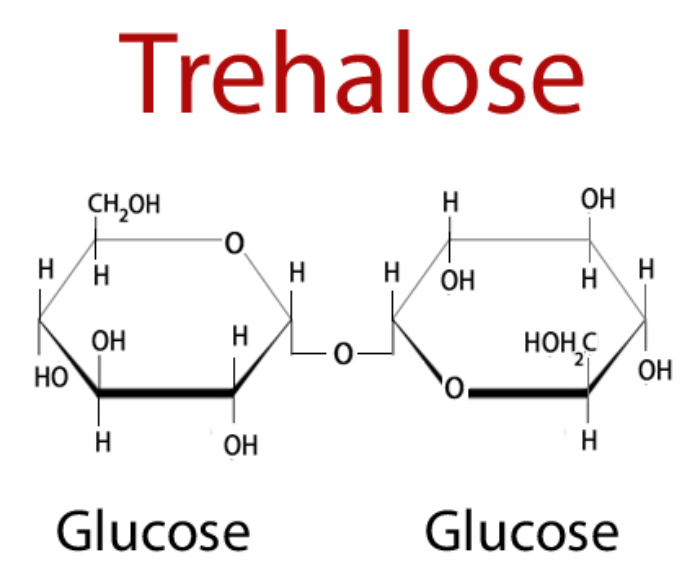Phytosterols and LDL-C: Weighing Benefits Against Risks
Elevated levels of low-density lipoprotein cholesterol (LDL-C) in the bloodstream are widely recognized as a significant risk factor for atherosclerosis and cardiovascular disease. This increase in LDL-C can stem from various factors, including enhanced cholesterol synthesis, increased absorption, or disruptions in cholesterol homeostasis. While pharmaceutical interventions have been the mainstay of LDL-C management, dietary supplements, particularly those enriched with phytosterols, have gained popularity as a natural alternative.
Statins, a class of drugs that inhibit endogenous cholesterol synthesis, have demonstrated remarkable efficacy in lowering LDL-C levels, achieving an average reduction of 40%. Another pharmaceutical option, ezetimibe, works by inhibiting cholesterol absorption and can reduce LDL-C by approximately 20% when taken at a daily dose of 10 mg.
In recent years, phytosterol therapy has emerged as a dietary approach to managing cholesterol levels. Phytosterols and phytostanols, plant-derived compounds structurally similar to cholesterol, are now commonly added to various food products and supplements. When consumed at a dosage of 2 to 3 grams per day, these compounds can inhibit cholesterol absorption, leading to an average 10% reduction in LDL-C levels. It’s worth noting that this recommended dosage represents a significant increase in daily intake – tenfold for phytosterols and a staggering hundredfold for phytostanols – compared to typical dietary consumption.
The widespread availability of phytosterol- and phytostanol-enriched dietary supplements in supermarkets has made them accessible to a broad consumer base. However, it’s crucial to recognize that many of these consumers may be individuals with normal plasma LDL-C levels, rather than those with elevated cholesterol requiring intervention.
Recent scientific investigations have raised concerns about the potential risks associated with increased phytosterol intake. Contrary to their intended benefit, some studies suggest that elevated phytosterol consumption may actually contribute to the development of atherosclerosis. The magnitude of this risk appears to be influenced by individual genetic factors, particularly polymorphisms in the NPC1L1 and ABCG5/G8 transport proteins, which play crucial roles in cholesterol absorption and excretion.
The potential risks associated with phytosterol supplementation must be weighed against the established benefits of LDL-C reduction. For individuals with normal or only slightly elevated LDL-C levels, the cholesterol-lowering effect of phytosterols may be minimal, potentially insufficient to offset the increased atherosclerosis risk. This risk-benefit imbalance underscores the importance of targeted use of phytosterol supplements, focusing on individuals with significantly elevated LDL-C levels who stand to gain the most benefit.
Commentary by SuppBase columnist Alice Winters

The rise of phytosterol-enriched supplements as a “natural” solution for managing cholesterol levels presents a fascinating case study in the nuanced world of nutritional science. While the cholesterol-lowering effects of phytosterols are well-documented, this article raises crucial questions about their indiscriminate use, particularly among individuals with normal LDL-C levels.
First and foremost, the sheer magnitude of increase in phytosterol intake recommended for therapeutic effects is staggering. A ten- to hundred-fold increase over typical dietary consumption should give us pause. Nature often provides beneficial compounds in foods, but rarely do we consume them in such concentrated amounts. This dramatic departure from natural intake levels demands rigorous scrutiny of long-term effects.
The potential link between increased phytosterol intake and atherosclerosis development is particularly concerning. It highlights the complex interplay between dietary interventions and genetic factors. The involvement of NPC1L1 and ABCG5/G8 transport proteins in mediating this risk underscores the importance of personalized nutrition. As we move towards an era of precision medicine, such genetic considerations may become crucial in determining the appropriateness of phytosterol supplementation for individual patients.
Moreover, the article touches upon a broader issue in the supplement industry – the mismatch between target consumers and actual users. Phytosterol supplements, while potentially beneficial for those with significantly elevated LDL-C, are being marketed to and consumed by a much wider population. This scenario, where individuals with normal cholesterol levels expose themselves to potential risks without clear benefits, exemplifies the need for more nuanced marketing and consumer education in the supplement industry.
The comparison with pharmaceutical interventions like statins and ezetimibe is illuminating. While these drugs offer more substantial LDL-C reductions, they come with their own set of side effects and are typically prescribed under medical supervision. Phytosterol supplements, available over the counter, may be perceived as a safer alternative, but this article suggests that they may carry their own risks, particularly when used indiscriminately.
From an environmental and sustainability perspective, the mass production of phytosterol-enriched products also warrants consideration. The extraction and concentration of these compounds from plant sources on such a large scale could have significant environmental impacts that are often overlooked in discussions focused solely on health effects.
In conclusion, while phytosterol supplements represent an innovative approach to cholesterol management, this article serves as a crucial reminder of the complexity of nutritional interventions. It calls for a more targeted approach to supplement use, emphasizing the importance of individual risk assessment and medical guidance. As the field of nutrigenomics advances, we may see a shift towards more personalized recommendations for phytosterol supplementation based on genetic profiles.
For consumers, the key takeaway should be caution and informed decision-making. Those with normal cholesterol levels should question the necessity of phytosterol supplements and consider the potential risks. For individuals with elevated LDL-C, a discussion with a healthcare provider about the most appropriate intervention – be it dietary changes, supplements, or pharmaceutical options – is crucial.
Ultimately, this article highlights the need for ongoing research into the long-term effects of concentrated phytosterol intake and serves as a reminder that in nutrition, as in many areas of health, more is not always better. The path to cardiovascular health may be more nuanced than simply lowering LDL-C by any means available, and a holistic approach considering individual genetic factors, overall diet, and lifestyle remains paramount.



